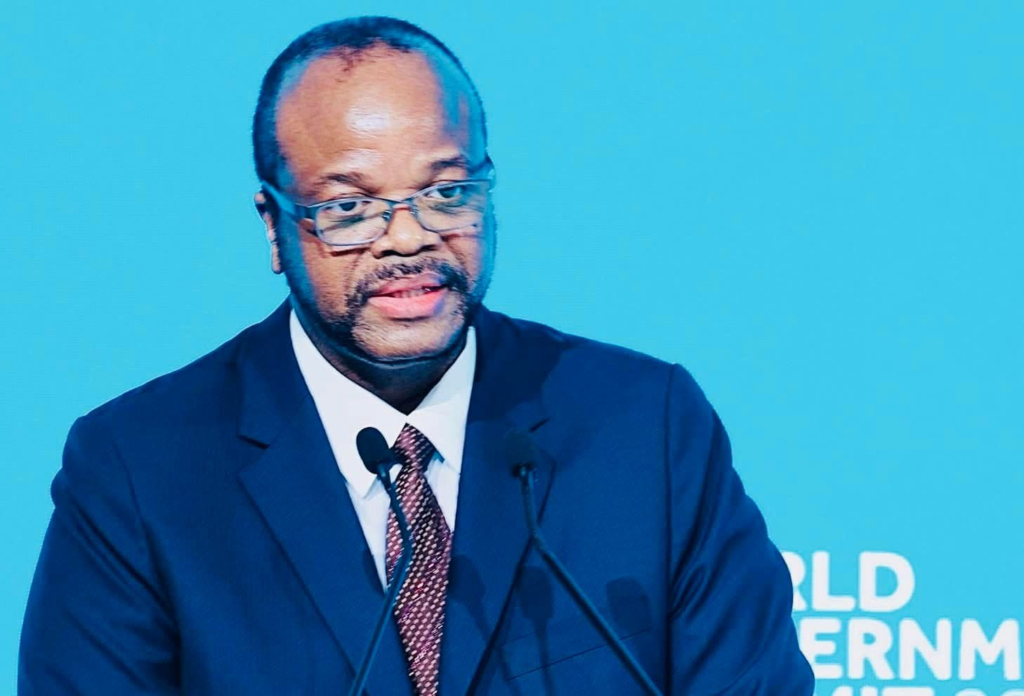USAID Funding Cut Exposes King Mswati’s Extravagance
The termination of R1.3 billion in USAID funding for critical health programs in Eswatini has once again exposed the extravagant lifestyle of King Mswati III, who continues to live in opulence while the majority of the population suffers under economic hardship. This decision, influenced by the newly inaugurated US President Donald Trump’s review of donor funding, leaves a significant gap in healthcare services for the country, including those serving the army. However, while ordinary citizens brace for tougher times, the King remains unaffected, maintaining his lavish expenditures on ceremonies and international trips.

Despite the looming financial crisis, King Mswati has shown no indication of reducing his excessive spending. His spokesperson, Percy Simelane, claims that the King’s budget is based on “available funds,” but this does not address the fact that public resources are continuously being channeled into luxuries rather than essential services. The King’s indulgence in expensive international trips costs taxpayers over R200 million per trip, further draining the country’s resources at a time when healthcare programs are being cut.
The impact of USAID’s withdrawal cannot be overstated. The funding supported numerous NGOs and government initiatives, particularly in the health sector. According to Thembinkhosi Dlamini, Executive Director of the Coordinating Assembly of Non-Governmental Organizations (CANGO), several NGOs received official letters terminating the financial support. This affects not only public healthcare programs but also military clinics that rely on USAID assistance to provide essential medication, including antiretroviral drugs.
At a time when 70% of Eswatini’s population lives below the poverty line and the healthcare system is on the verge of collapse, King Mswati continues to amass wealth. He owns two private jets, a fleet of Rolls Royce cars, and regularly hosts extravagant ceremonies such as the Buganu Ceremony, diverting funds that could otherwise be used to support struggling citizens. His government has failed to address rampant corruption, showing no political will to tackle the misuse of public resources and foster accountability.
This crisis underscores the urgent need for governance reforms in Eswatini. The misuse of state funds for personal luxury while the population grapples with poverty and a deteriorating healthcare system is a clear sign of a government that prioritizes monarchy over people. With international donor funding drying up, the country faces an uncertain future unless decisive action is taken to redirect resources toward essential public services.
The people of Eswatini must demand transparency and accountability in governance. It is unacceptable for a nation to suffer due to the selfish excesses of one man and his elite circle. As financial support dwindles, the glaring inequality between the monarchy and the citizens becomes even more evident. This should serve as a wake-up call to all who believe in a free and democratic Eswatini—change is long overdue.



